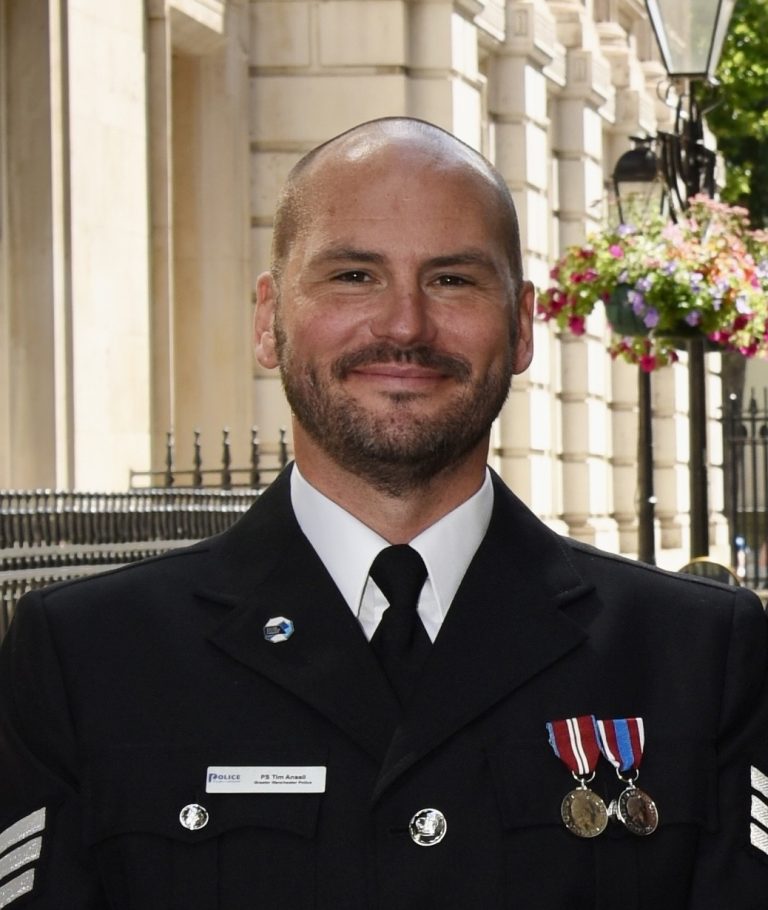Number of GMP officers with second job rockets by 588%
The number of police officers in Greater Manchester taking a second job to cover their living costs has rocketed by 588%, according to new figures.
Data from a Freedom of Information request shows that 234 officers secured approval for secondary employment in 2024, compared to just 34 in 2020.
That is the second highest percentage increase of all forces who responded to the FOI request.
The figures, from the Police Federation of England and Wales showed that nationally, more than 4,000 officers have second jobs.
The highest individual figure came in Merseyside Police, where 372 officers reported having a second job.
In Dyfed-Powys, approvals rose from nine officers in 2019 to 287 last year, an increase of over 3,000%. There was a 503% increase in South Wales; Essex saw a five-fold rise; Cleveland recorded a 421% increase and Hampshire a 348% jump.
The PFEW has described this trend as a “damning indictment” of how far police pay has fallen.
Brian Booth, PFEW Acting Deputy National Chair, said officers were “overworked, underpaid and under threat” and that that no one should finish a demanding shift protecting the public only to head straight to another job in order to afford basic bills.
He added: “The impact on their family life or rest and recovery time is scary to think about…We need pay restoration now, and we need Chief Constables to get off the fence on pay and support their officers.”
Since 2010, police pay has fallen by 21% in real terms. New recruits start on £29,000 a year, and after six years’ service are earning up to £10,000 less than teachers or nurses with equivalent experience. With inflation and rising interest rates pushing living costs ever higher, many officers feel they have no choice but to seek additional income.
One officer serving in Wales, who spoke on condition of anonymity, described the personal impact of the crisis.
He said: “There was a time when, had I not had other employment, my wife and I would have lost our house. If I didn’t have this second income, it would be very tight. I’ve had to increase my work on the side to make up for the degradation of my police pay over the years. Having a second job has affected my sleep, my diet and my fitness levels, but I’ve had to do it.”
The PFEW is calling on the government to outline urgent plans to restore the 21% lost in real-terms pay since 2010. It argues that without meaningful action, officer welfare and public safety will continue to suffer.
Brian expressed frustration that nine forces, including the Metropolitan Police, refused to provide data or claimed it took too long to collect.
Calling on forces to publish this date quarterly, he added: “I’m particularly annoyed that some forces told us it would take more than 18 hours to find this data. This information should be at Chief Constables’ fingertips, because it highlights financial stress directly linked to officer welfare. Don’t make us drag [this information] out of you.”
The Federation’s Copped Enough campaign calls on the public to demonstrate support for police by joining the digital picket line: https://www.polfed.org/campaigns/copped-enough/







